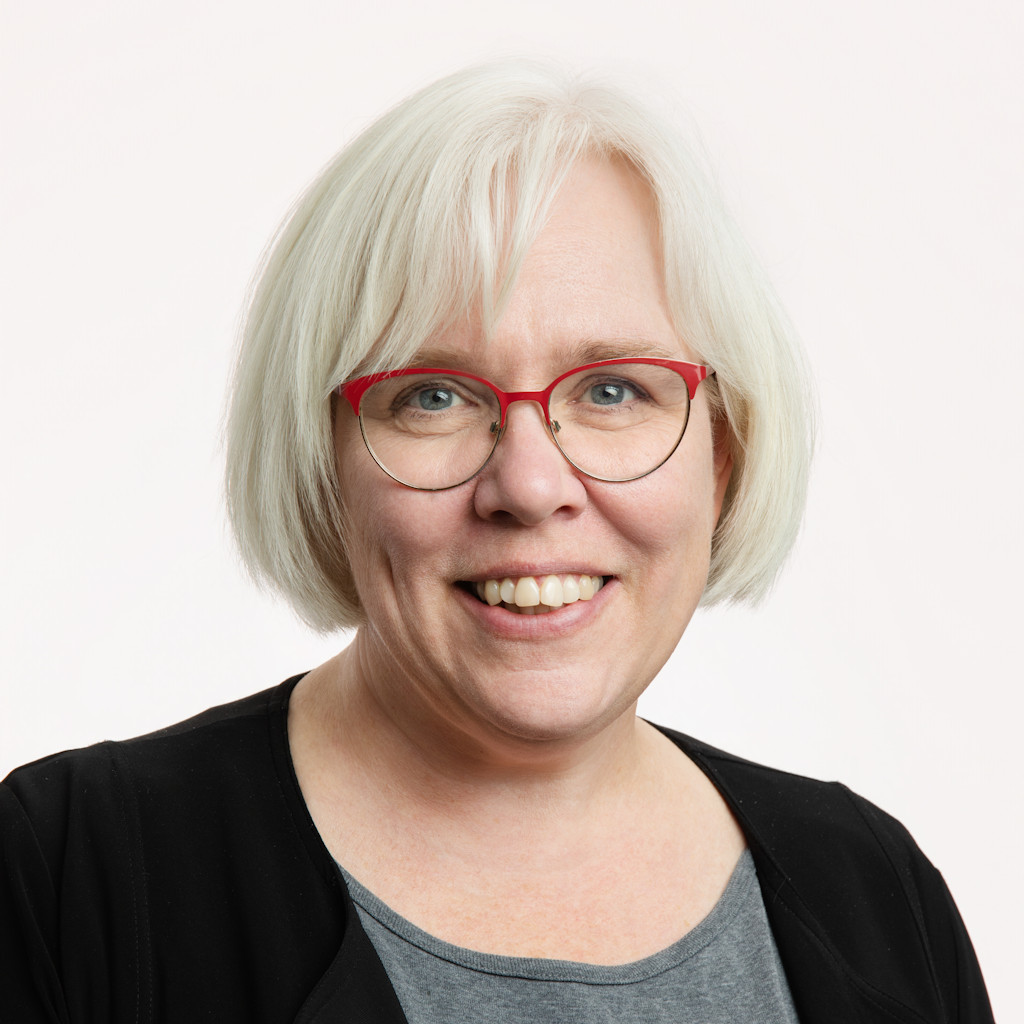
Departing head of community foundation reflects on 17 years of innovation
By
 Karen Unland and
Karen Unland and
A. Jade Munsie
As Martin Garber-Conrad prepares to retire as CEO of the Edmonton Community Foundation, he's confident the philanthropic innovation that started under his leadership will carry on into the future.
"There's still going to be lots of neat things that Edmonton Community Foundation can do even after I'm gone," he said on Episode 8 of Bloom, Taproot's podcast about innovation in Edmonton. "And, you know, I'll be keeping my eye on it and wishing them well."
The ECF is Canada's fourth-largest community grant foundation, assembling and administering capital from philanthropists and reinvesting the returns into the community. During Garber-Conrad's 17 years at the helm, the organization's assets grew to more than $700 million. That has allowed it to grant about $30 million per year.
That base of capital has also allowed the ECF to put that money to work in innovative ways. It has created new organizations to do good in the community, rolled out pandemic aid in quick and targeted ways, and found new ways to tell the foundation's stories.
Among the innovations highlighted by ECF board chair Zahra Somani when she announced Garber-Conrad's retirement in February were the Edmonton and Area Land Trust, which conserves natural areas; the Edmonton Community Development Company, which develops residential and commercial property in neighbourhoods that struggle to attract investment; and the Social Enterprise Fund, which loans money to social enterprises.
"Our mainstream work is making money with our assets, and then using those proceeds to make grants. But we also began to think that perhaps there was more that we could do with the assets themselves, in addition to the granting," he said of the genesis of the Social Enterprise Fund. "We knew that there were at least some charities and certainly some nonprofits and some social enterprises that would benefit from having debt financing ... but who would not be eligible to get loans from a bank."
The SEF has invested more than $75 million into more than 80 projects, more than $20 million of which has been paid back.
"The neat thing about social financing is that we can use the money again and again," Garber-Conrad said. "When we make a grant, the money does good in the community, but it's gone. When we make a loan, the money does good, and then when it's paid back, it can be loaned out again."
Jane Bisbee, executive director of the Social Enterprise Fund, highlighted Garber-Conrad's role in the creation of the fund in a publication celebrating its 10th anniversary. "Without his wise counsel, and the imagination to see beyond the accepted way of doing things, none of this would have been possible," she wrote.


